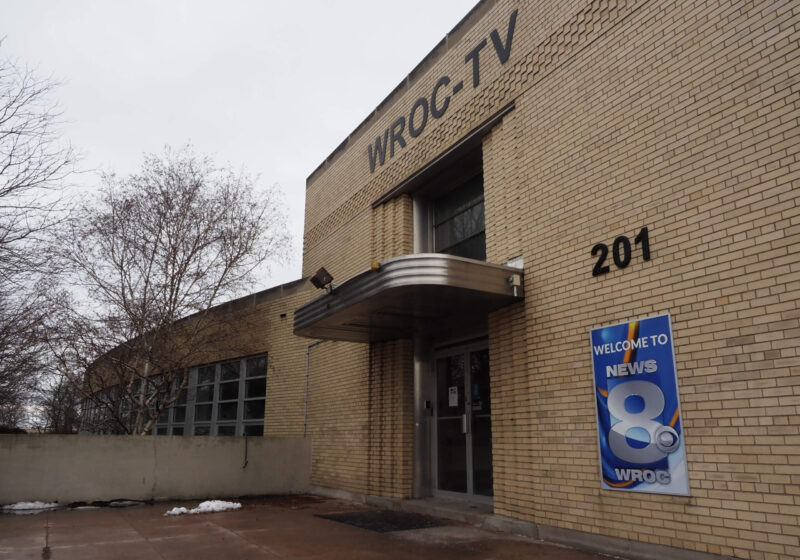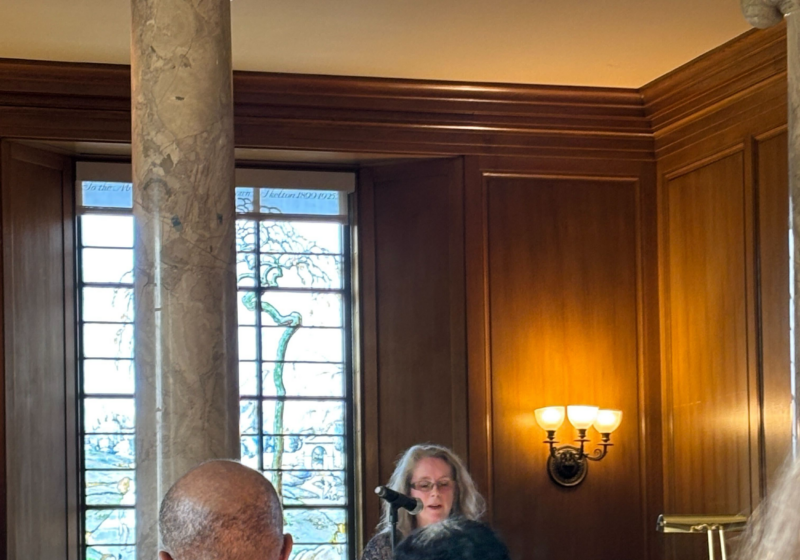Daniel Prude.
His name may not have meant much to society prior to his death, but now it stands for so much more than who he once was. Prude is one of far too many figureheads of police brutality; of the dangers of being on the police force and the violence in Rochester. Most of all, his name and his story was initially brought to light by local journalism — and his impact, either locally or nationally, now reverberates through this city because of the contributions made by our local journalists.
It can be easy to overlook your hometown newspaper. After all, what important content could you find? Basketball stats from the recent high school game? A town board meeting about fences? However, a lot of news — even the most flagrant stories — stem from small, mundane beginnings. Often, the most insidious things aren’t unearthed until someone stumbles upon something askew amidst the jejune.
Prude is an example of this: his death wasn’t reported on for months, held up by a lack of information until a press conference on Sept. 2. This is when the dam broke. Some of our local publications and stations were those directly on the front lines — but that doesn’t mean their important contributions are compensated appropriately.
For example: News 8 (WROC) employees announced their intention to join the National Association of Broadcast Employees and Technicians–Communications Workers of America (NABET-CWA) according to a Dec. 21 press release last year.
“Our goal is — and always has been — to deliver news that you, the community, can use,” the official press release read. “If we are not voluntarily recognized, we will gladly turn to an election, which we will win.”
The press release also mentions that, “Currently, many of our employees are close enough to the Federal Poverty Line to be eligible for certain FPL benefits.” This issue of journalists being under-compensated has been prevalent within community journalism for the last two decades. With the turn to internet journalism, community journalism has been massively undervalued.
If you want to work for a local news station such as News 8, you will be paid minimum wage. Positions start at $15 an hour, with shifts like 5 a.m. to 2 p.m., with needed flexibility on weekends, holidays, and what have you. (After all, the news never stops.) Upward mobility is minimal, turnover is constant due to the minimal pay, and transportation is uncompensated. For the aspiring college student, internships are unpaid. This isn’t News 8’s fault inherently — this issue permeates journalism, especially broadcast journalism, at large. The market is shrinking, and so are the opportunities. Big events need to be covered by what is now a much smaller, much more overworked staff.
And when big events are over, the national news has to move on. Local news is what covers the aftermath. The continued protests for Prude; the vigils for Anthony Mazurkiewicz; the bookstores burning down; the water mains breaking; the fight for better bicycling conditions on our roads; the construction; the poverty; the culture; the life and the death of this city.
Journalism is invaluable to the betterment of a community. But when local journalists are so visibly underpaid, it can be incredibly difficult to attract people to the field. Many senior reporters with the experience and drive may not have the financial means to pursue a career they love, a field that moreover depends on their acute contributions. Instead, the current hiring skews in favor of fresh college grads willing to work near-minimum wage jobs. They all need to be paid well, or else we won’t get the nuanced, well-researched news that we need and deserve as a community.
As a collegiate publication, we are lucky enough to be funded through the University. However, local journalism relies heavily on you as a reader — so use your resources for all they’re worth. The Democrat & Chronicle has a $1/month subscription for three months. They are the best way to access news that is directly relevant to you. No where else will you be able to read pieces about local legislature or community protests in Rochester. It is so important to know what is going on in your local community. Please try to support your community journalists.
The Editorial Board is a weekly Opinions article representing the view of the Campus Times, co-written by Editor-in-Chief Alyssa Koh, Publisher Sarah Woodams, Managing Editor Allie Tay, and Opinions Editor Sunahra Tanvir.






